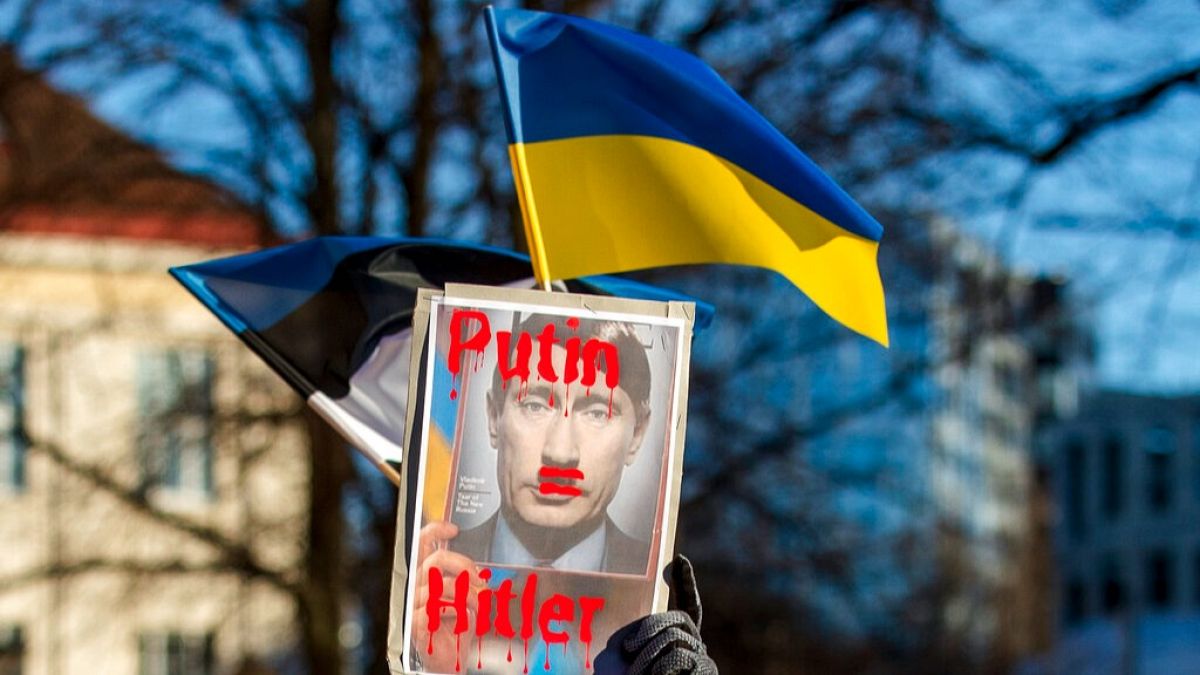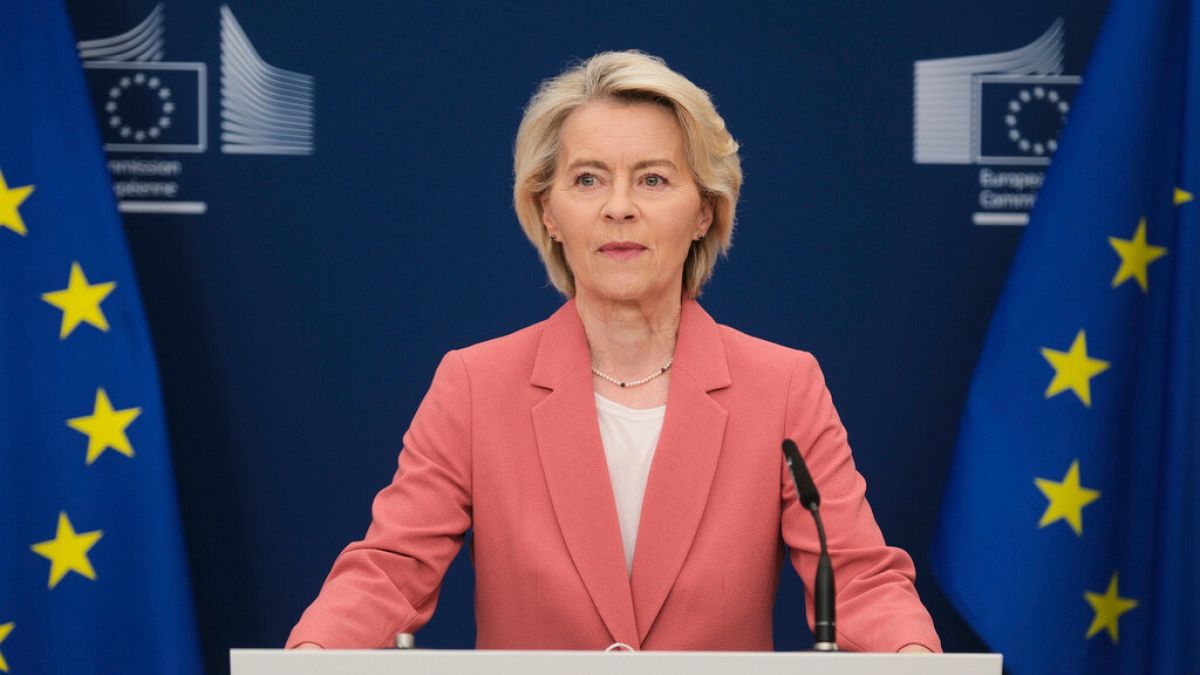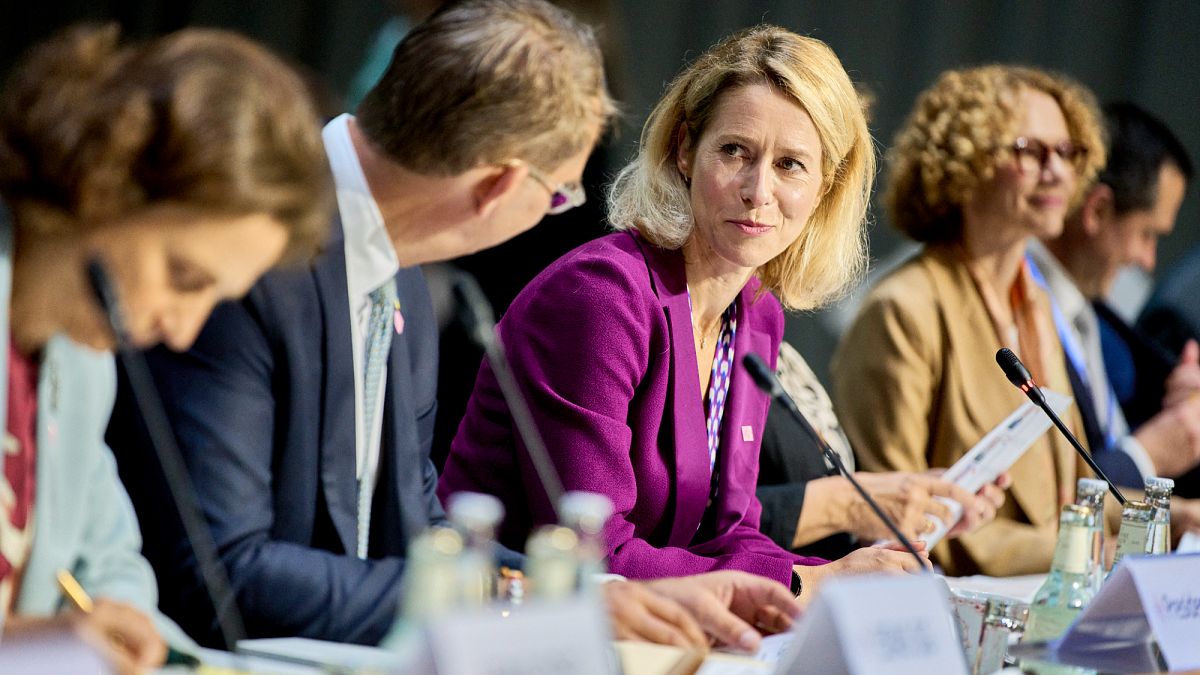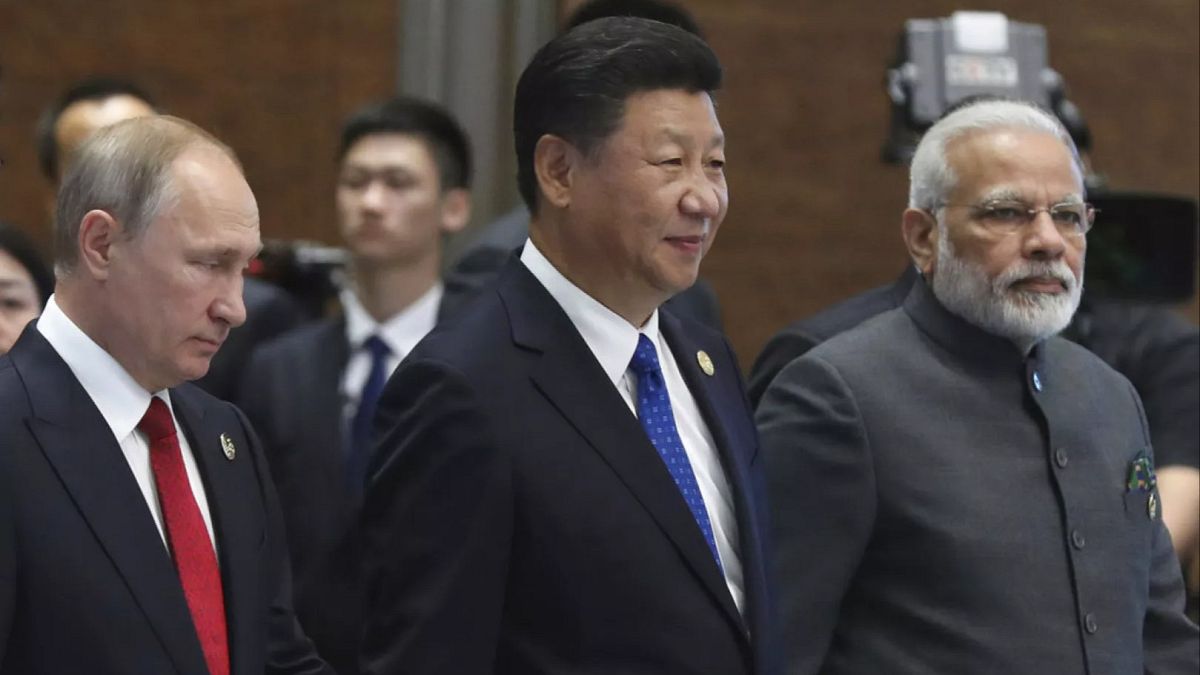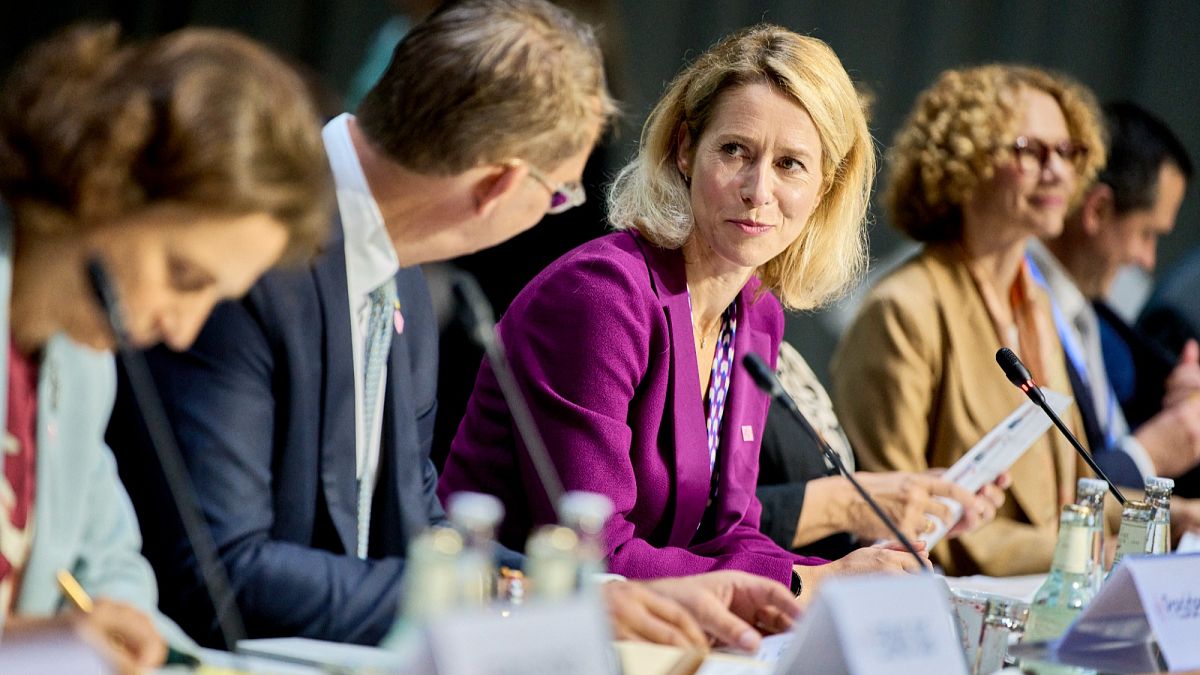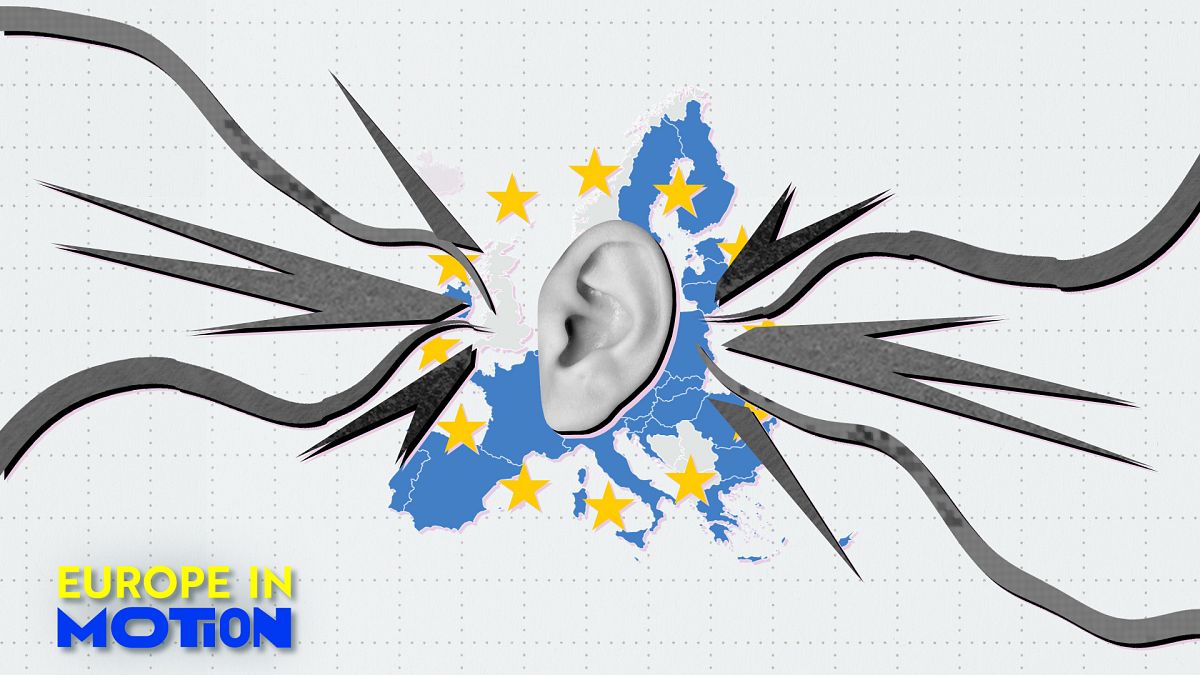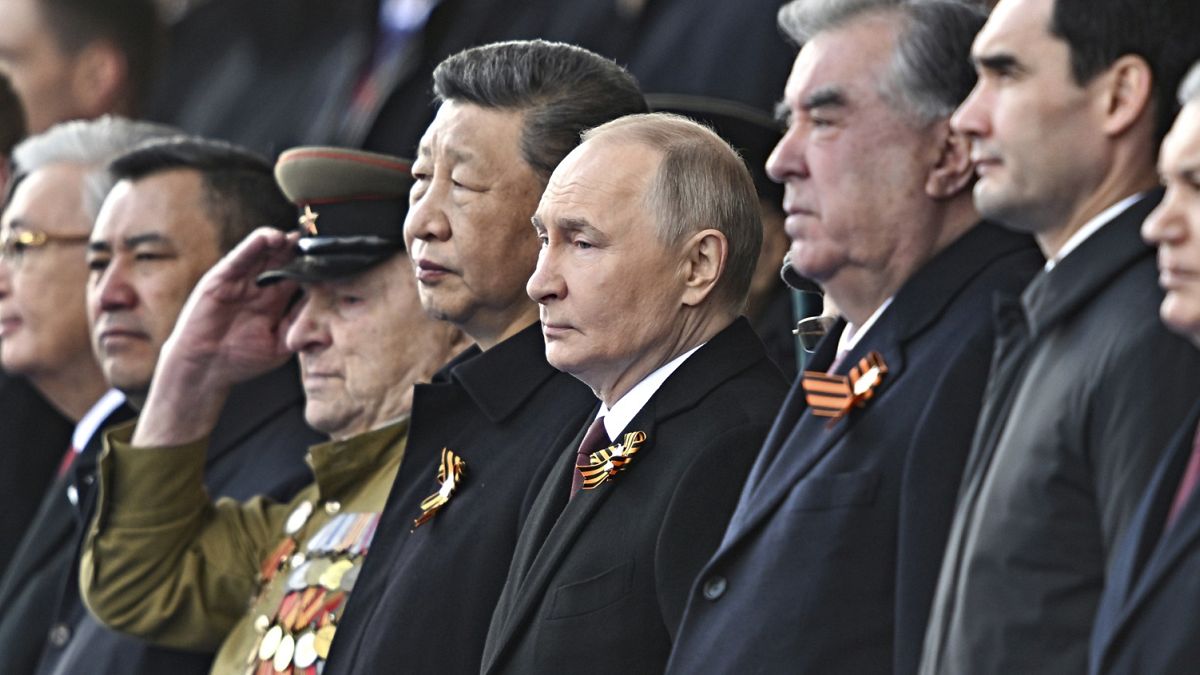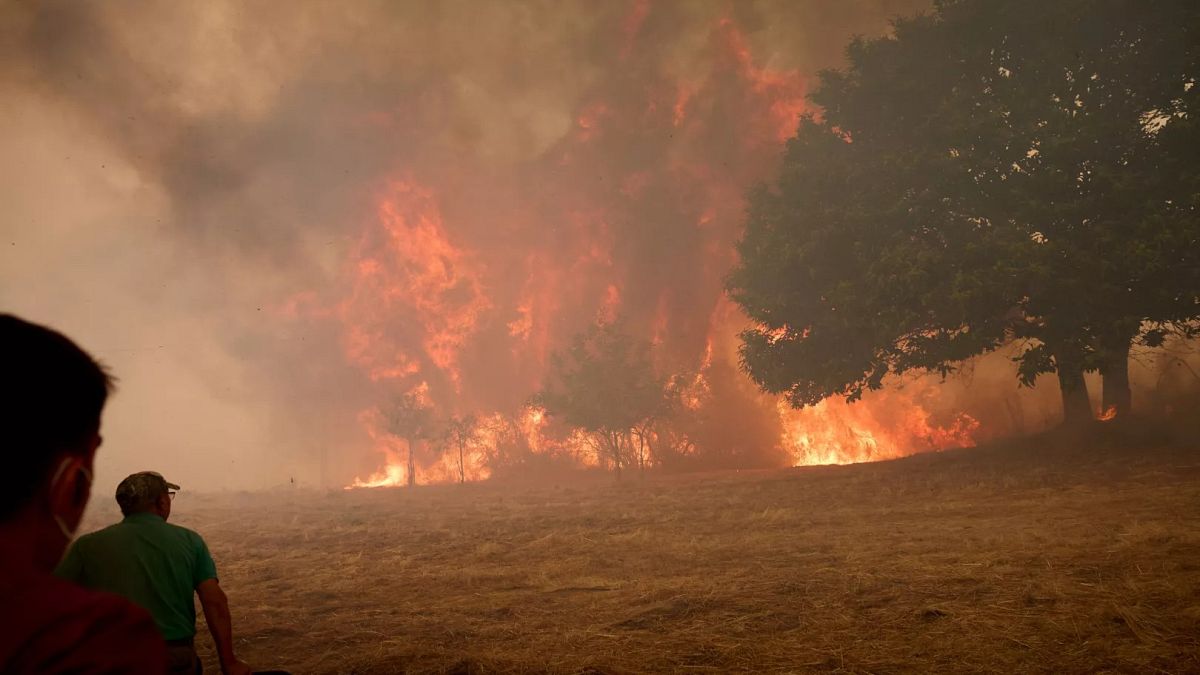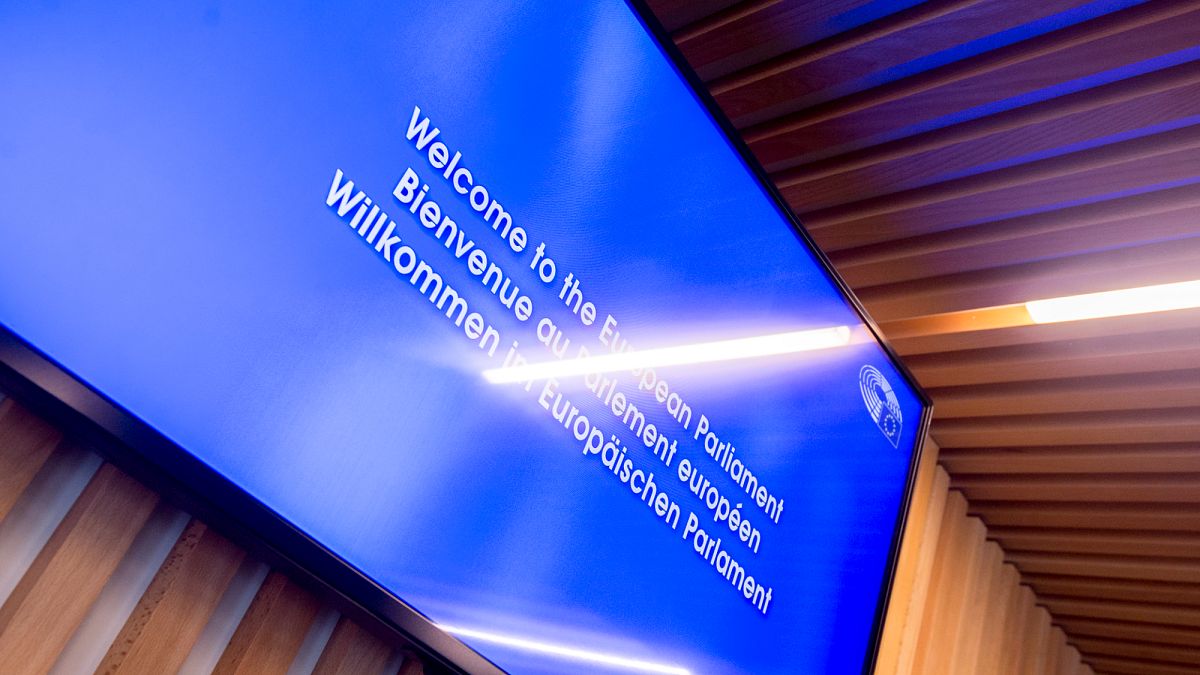Published on
An arson attack on a restaurant and supermarket in Estonia last year were ordered by Russian intelligence, an Estonian court said on Wednesday.
The attack was one in a series across Europe tracked linked to Russia by Western officials. The goal, they asserted, is to sow division in Western societies and undermine support for Ukraine as it continues to fend off Russia’s more than three-year long full-scale invasion.
The Harju County Court in Estonia said the perpetrators were two Moldovan men who are cousins, both named Ivan Chihaial.
One was sentenced to six-and-a-half years in prison for the arson attack on the restaurant and supermarket, which the court said was carried out on behalf of Russia’s security services. The other Ivan Chihaial was an accomplice and sentenced to two-and-a-half years.
In a statement, the court said the first Chihaial was tasked with the operation by Russian military intelligence, known as the GRU.
The court says he carried out a trial operation on behalf of the GRU in January 2024, setting fire to a Co-op supermarket in the village of Osula in southeastern Estonia.
The next day someone acting on behalf of the GRU tasked him with setting fire to the Slava Ukraina restaurant in the capital, Tallinn.
Chihaial drove with his cousin to the restaurant on the night of 31 January, 2024, where they then proceeded to set fire to the establishment before departing Estonia. The court said Chihaial’s cousin was unaware he was working for the Kremlin.
Authorities in Latvia, Lithuania and Poland worked to detain the two men who were apprehended in Italy before being sent back to Estonia to face trial, said State Prosecutor Triinu Olev-Aas.
The arson is the latest in a string of Russian attacks on Estonia since it launched its offensive on Ukraine in February 2022. In prior cases, Estonia suffered cyberattacks and vandalism to the windows of cars belonging to vocal anti-Kremlin politicians and journalists.
Previous attackers have been recruited inside Russia, which shares a border with Estonia. The Estonian Internal Security Service said the fact that the GRU used Moldovans who were sent to the country showed they are finding it increasingly difficult to recruit.
Russia has been accused of a widespread sabotage campaign by Western officials since its invasion of Ukraine. The attacks across Europe range from stuffing car tailpipes with expanding foam in Germany to a plot to plant explosives on cargo planes, to hackings that targeted politicians and critical infrastructure and spying by a ring convicted in the UK.
Russian President Vladimir Putin’s spokesperson, Dmitry Peskov, has denied such allegations, adding that the Kremlin has yet to be presented “any proofs” supporting accusations of a broader sabotage campaign.
Additional sources • AP






